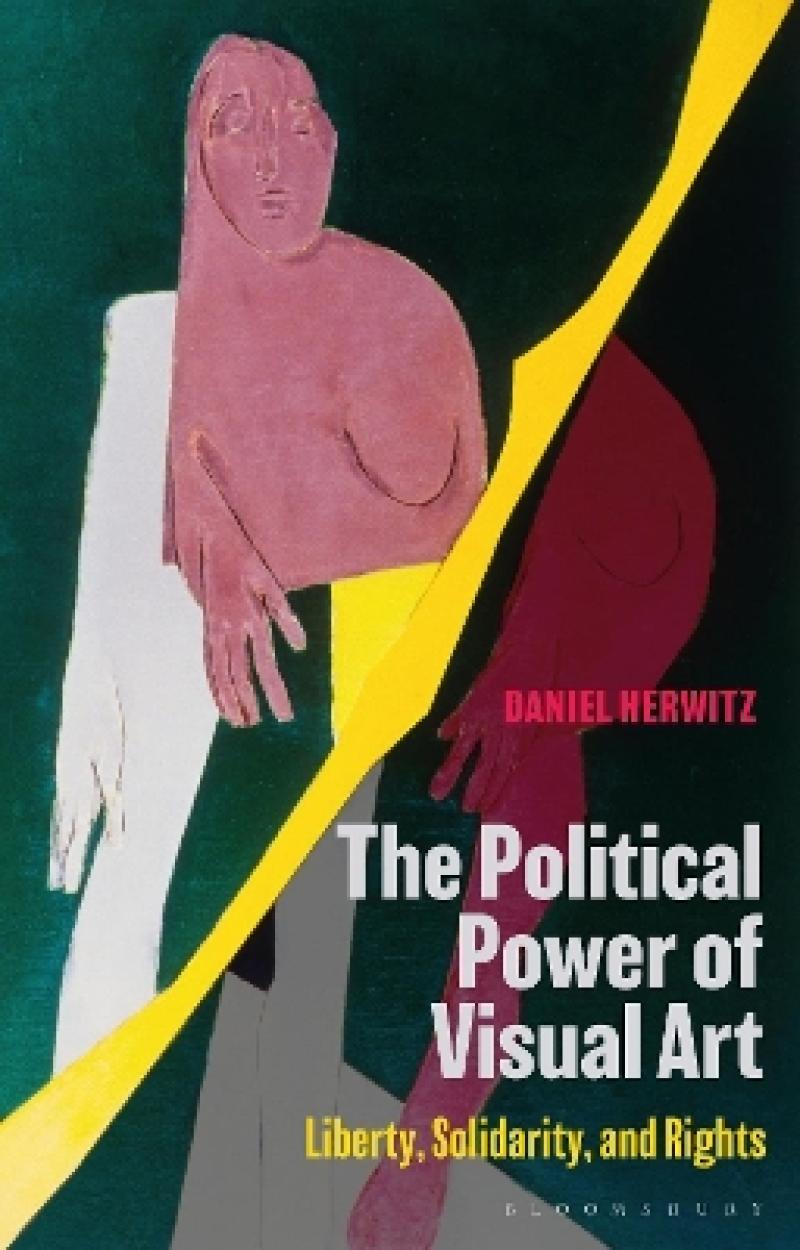This is a book of essays, only seemingly miscellaneous. It seeks and effectively finds a deep integration of diverse themes and movements in both art and politics, and it does so with sensibility and analytical power and an eloquence of style. How does the visual relate to dissent against the state? Can art and literature straddle both autonomy and solidarity? With what attitudes to violence is it possible to visually represent a whole empire based on the political economy of mining and a nation that comes out from under its shadow? By what gradual alchemies do philosophical traditions of taste in the eighteenth century give way to the thrusting innovations of the avant-garde some two centuries later? With what creative pride does the art and mind of the Southern periphery refuse the offer to merely play 'catch up' with the trends and frameworks of the metropolitan North? These are some of the questions Daniel Herwitz illuminatingly traverses with his wide knowledge, his lively intelligence, and his impressive cosmopolitan reach. A work of sustaining interest and instructive insight.
Akeel Bilgrami, Sidney Morgenbesser Professor of Philosophy, Columbia University, USA
Uniquely and equally at home in political and formal analysis, Daniel Herwitz is at his uniform best in this book. Its breadth and subtlety of argument advance the central claim that the political achievements of art-- unlike celebrity-- increase the more it engages with the world and defers on the claim of its own importance.
Michael P. Steinberg, Barnaby Conrad and Mary Critchfield Keeney Professor of History, Brown University, USA
Daniel Herwitz’s new book is a testament to an author who can think in the present for the present. Its insight into contemporary art’s contribution to the political machinations and uncertainties of our times is subtly worked through a carefully selected range of artists, critics, and philosophers. It is a model for a new philosophical art criticism that must look today beyond the staid geographical landlines of enquiry.
Lydia Goehr, Professor of Philosophy, Columbia University, USA
Visual art has a ubiquitous political cast today. But which politics? Daniel Herwitz seeks clarity on the various things meant by politics, and how we can evaluate their presumptions or aspirations in contemporary art.
Drawing on the work of William Kentridge, drenched in violence, race, and power, and the artworld immolations of Banksy, Herwitz’s examples range from the NEA 4 and the question of offense-as-dissent, to the community driven work of George Gittoes, the identity politics of contemporary American art and (for contrast with the power of visual media) literature written in dialogue with truth commissions. He is interested in understanding art practices today in the light of two opposing inheritances: the avant-gardes and their politicization of the experimental art object, and 18th-century aesthetics, preaching the autonomy of the art object, which he interprets as the cultural compliment to modern liberalism. His historically-informed approach reveals how crucial this pair of legacies is to reading the tensions in voice and character of art today.
Driven by questions about the capacity of the visual medium to speak politically or acquire political agency, this book is for anyone working in aesthetics or the art world concerned with the fate of cultural politics in a world spinning out of control, yet within reach of emancipation.
1. Introduction
2. Kentridge, Modisakeng and the Politics of Extraction
3. David Lurie and the Politics of Visibility
4. Vha-Venda, Isi-Tsonga, Democracy and Political Economy
5. Gittoes, Ai Weiwei and the Politics of the Witness
6. Virulent Nationalism and the Politics of Offense
7. Disgrace, Punishment, Reconciliation: Literature and the Truth Commission
8. The Personal is Political: Autonomy as Negotiation
9. Benjamin and the Politics of the Collective
10. Identity Politics in the Consumerist World
11. Artworld Politics: Manet to Bansky
Bibliography
Index
